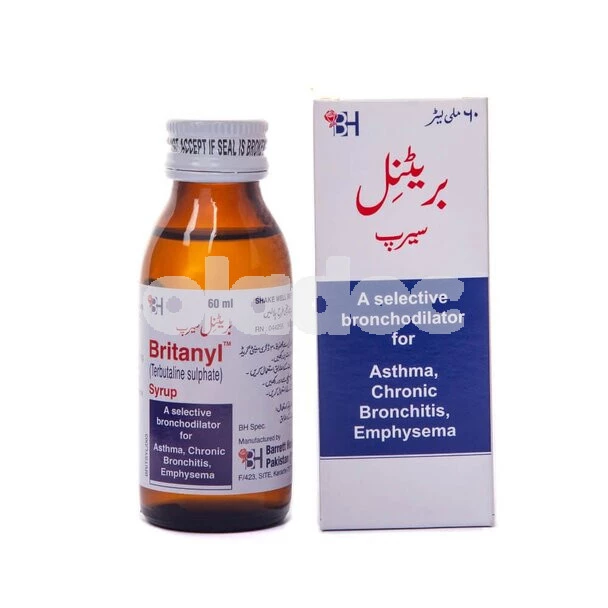Similar to toxic food or drink that can take a toll on our physical health, toxic relationships can also affect our mental and physical health and may require psychiatrist evaluation. These toxic relationships come in many forms—from partners, to spouses, to family members, and even friends and co-workers.
In a study, spanning 12 years and following over 10,000 people, researchers discovered that people dealing with toxic relationships were at a higher risk for developing anxiety, depression, and even heart disease.
At the same time, we cannot say that any relationship is free from conflict and disagreement. However, there are certain answers that can help you figure out if you are in a toxic relationship.
For instance, ask yourself if you feel content in their presence; after spending time with them, do you feel better or worse about yourself?; do you feel emotionally safe?; is there a give and take in the relationship, or are you the one compromising all the time? These are some questions that can help you define a toxic relationship for you. Here are some additional signs that can help you spot a toxic relationship.
Table of Contents
It affects your confidence
Toxic people have many tricks up their sleeves which actually allow them to make a dynamic unbearable for the other person. These tricks show themselves as the relationship progresses since toxic people themselves are sometimes unaware of their own traits. The first thing that a toxic person targets is the confidence of the other person in the relationship.
Targeting someone’s confidence makes sense too. A confident person who has high self-esteem will not tolerate toxic behaviour at all. On the other hand, a person who has been devoided of their confidence will accept any behaviour, subconsciously thinking that “this is what they deserve” or even worse, they need the toxic one in the relationship because else they will be all alone and on their own.
A relationship with a toxic person can thus destroy your confidence. They will make you question your self-worth and infact you will start blaming yourself for something you had no control over. Moreover, they can make you question your decisions which will ultimately make you feel more dependent on others’ point of views.
It can increase your stress level
A major reason for the stress that people who are in toxic relationships feel when they are around their counter-parts stems from the intimidation that is reflected by the toxic person. This intimidation makes the innocent one feel powerless and their mind thus stays on high alert anticipating the other person’s next move.
You would thus automatically feel anxious and stressed when you are around a toxic person. Your body would respond to this stress by releasing hormones that in the long-term can be detrimental for health.
You put yourself second
One thing that many people lack is self-love. Self- love is an idea that preaches that one should love and care for one self as one loves the others. Toxic people are known to deflect attention of people they are in a relationship with.
If you want to avoid toxicity in a relationship, you should never put yourself second for anyone—nobody’s care should come before you. Toxic people know how to make themselves a priority for others; and if you are dealing with a toxic person, you would find that you are ignoring yourself for their needs. Taking care of someone you love is different from putting yourself second for a toxic person.
Mutual respect
If a relationship does not operate on equality and mutual respect, it can soon morph into a toxic one. If you allow yourself to be in a disrespectful relationship, you would start allowing other people to disrespect you too. It can thus take a toll on your self-esteem later on.
How to deal with toxic relations?
The first step is acknowledging the toxicity that the relationship is bringing. According to a psychologist, Susan Bartell, PsyD, if you are not acknowledging that your relationship is not going well, you will deal with anxiety, sleep disorders, depression and low self-esteem. She further adds that people in their 20s and 30s are more vulnerable to toxic relations because they are less secure and stable in this age than older people.
One way to deal with toxic relations is to address this issue right away. According to Dr. Bartell, it is a good idea to talk it out with your partner if he or she is going through something, so that you can help them overcome it. If however, you have to deal with a constant litany of critique, negative talk, and blame, then you might be dealing with emotional abuse.
Being in a toxic relationship can take years to recover from. If you are, or ever were in such a relationship, then find professional help for your mental health.
Book an appointment with a top psychiatrist in Lahore, Karachi and Islamabad through oladoc.com, or call our helpline at 042-3890-0939 for assistance to find the RIGHT professional for your concerns.











